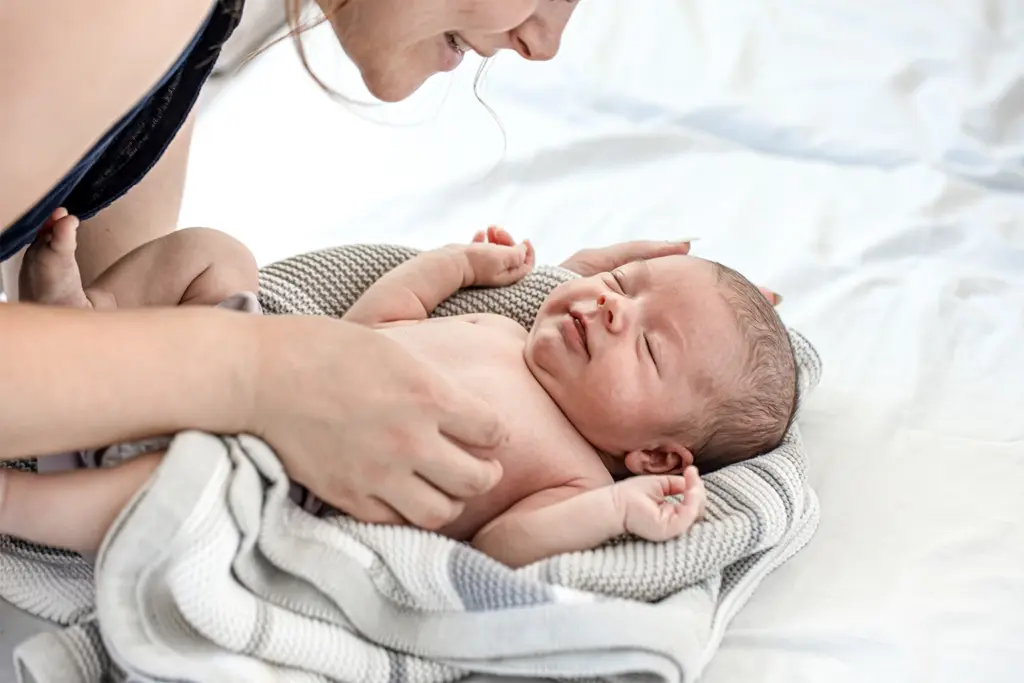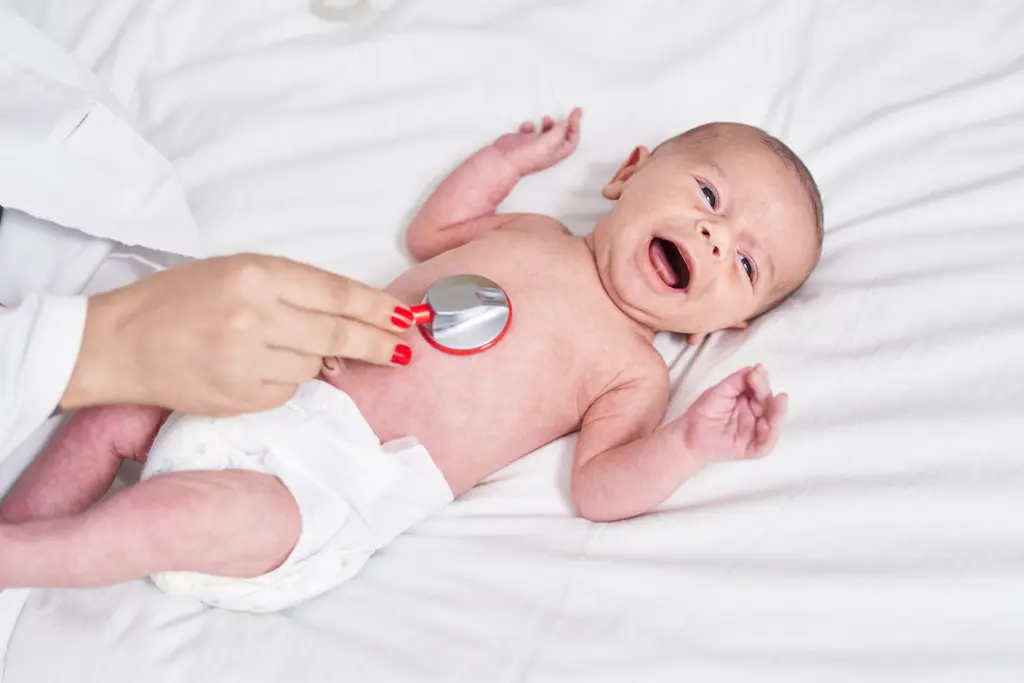
IVF babies: Having a baby is one of the biggest dreams for many couples. But for some, getting pregnant naturally can be difficult. That’s where IVF can help. It’s a medical treatment that supports pregnancy when other routes haven’t worked. A common worry, though, is: are IVF-conceived babies healthy? Let’s unpack what IVF is and what the evidence says about health outcomes so you can make an informed decision.
What is IVF?
IVF (in vitro fertilisation) means eggs and sperm are combined in a laboratory outside the body. When an egg is fertilised, it becomes an embryo, which is then transferred to the uterus to attempt a pregnancy. IVF has helped millions worldwide become parents, offering a path for those facing infertility and for same-sex couples looking to build a family.
Also Read | Trying to conceive? Know whether IVF or IUI is better for you
Are IVF babies born healthy?
Yes, most IVF babies are healthy. Large studies and everyday experience show children conceived via IVF generally grow, learn, and thrive just like those conceived naturally. As with any pregnancy, there are some risks, and IVF pregnancies can carry a few added considerations, but the vast majority of IVF births result in healthy, happy kids.
Since the first IVF birth in 1978, more than 10 million children have been born through the technique, and the vast majority are healthy and thrive. IVF-conceived babies typically hit developmental milestones on a similar timeline to naturally conceived peers, and research shows that as they grow, they perform just as well in school, sports, and social settings. They also don’t appear to have higher long-term risks for conditions like diabetes or heart disease.

Possible health concerns of an IVF baby:
Most IVF babies are healthy, but studies do note a few slightly higher risks. There’s a modest uptick in preterm birth (before 37 weeks), which can mean extra newborn care yet often leads to normal long-term growth with proper support. Some IVF infants have a lower birth weight, influenced by factors like parental age or aspects of the treatment. And when more than one embryo is transferred, the chance of twins or triplets rises, pregnancies that carry higher risks for both mother and babies, including early labour and delivery.
Are there genetic or developmental risks with IVF babies?
It’s natural to worry about birth defects or developmental delays, but the overall risk remains low. Today’s care further reduces risk through advances like careful ovarian stimulation, single-embryo transfer when appropriate, detailed ultrasound and newborn screening, and (when indicated) genetic testing.
Also Read | Our Expert Article: Dr Dimple Chhatwani on how IVF can help couples
IVF is a safe, effective path to parenthood for many families. The child at the end of that journey is every bit as special and strong as any other, no matter how they arrived. If you’re considering IVF, solid information and a supportive care team can make all the difference.








